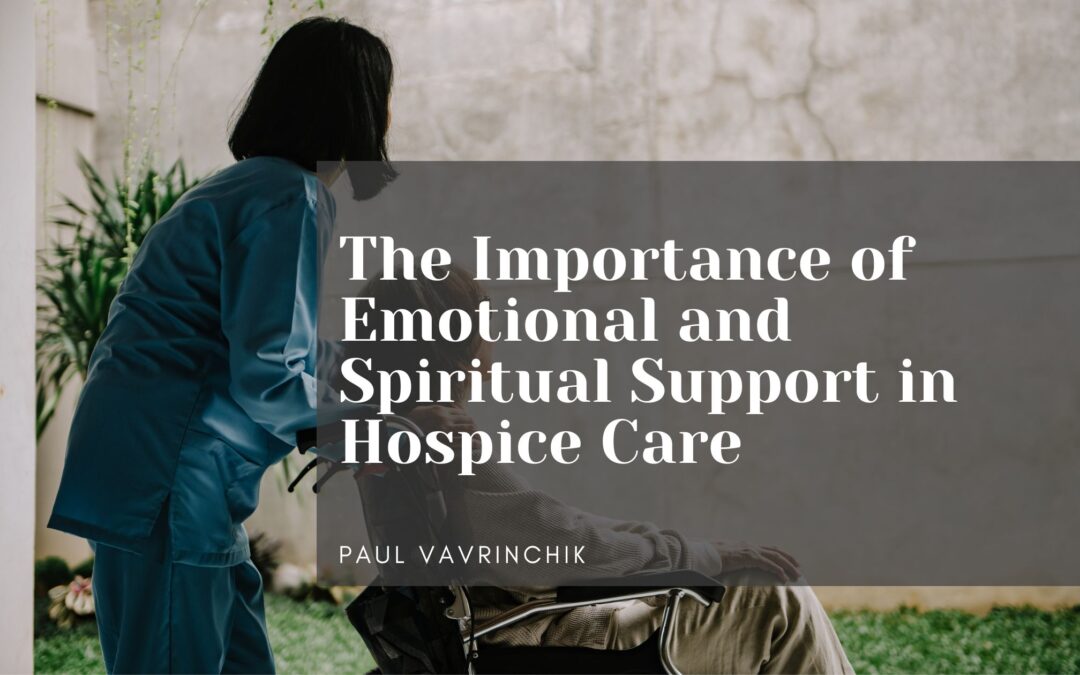Hospice care is designed to provide comfort and dignity to individuals facing terminal illnesses, focusing on improving quality of life rather than seeking a cure. While managing physical symptoms and pain is a critical component of hospice care, emotional and spiritual support plays an equally vital role. These elements help patients and their families navigate the complex emotions, fears, and existential questions that often arise during end-of-life care.
Addressing Emotional Needs
A terminal diagnosis brings a range of intense emotions for both patients and their loved ones, including fear, anger, sadness, anxiety, and even guilt. Emotional support in hospice care helps individuals process these feelings in a safe and compassionate environment. Hospice teams often include counselors, social workers, and trained volunteers who offer a listening ear, guidance, and coping strategies tailored to each person’s emotional needs.
For patients, this support can help reduce feelings of isolation, depression, and anxiety, fostering a sense of peace during a difficult time. Family members also benefit greatly, as they often grapple with anticipatory grief, caregiver stress, and the emotional weight of preparing for a loved one’s passing. Counseling and support groups provide families with tools to manage these emotions and navigate the grieving process.
The Role of Spiritual Care
End-of-life care often prompts deep reflections on life’s meaning, legacy, and what lies beyond. Regardless of religious beliefs or cultural backgrounds, many individuals seek spiritual comfort when facing death. Hospice care recognizes this profound need and includes spiritual support as a core element of holistic care.
Hospice chaplains or spiritual care providers are trained to offer nonjudgmental guidance, helping patients explore their beliefs, fears, hopes, and questions about life and death. Their role isn’t limited to religious practices; they also provide support for those who identify as spiritual but not religious, or even those who consider themselves secular. The focus is on helping individuals find peace, purpose, and closure.
Spiritual care can involve a range of practices, from prayer and scripture readings to meditation, music, or simply being present in moments of reflection. For many patients, this support offers a sense of comfort, helping them face the end of life with dignity and inner calm.
Supporting the Family’s Emotional and Spiritual Journey
Hospice care extends its emotional and spiritual services to family members as well. Preparing for the loss of a loved one can be emotionally overwhelming, and families often need guidance on how to cope with grief, communicate openly, and support one another. Bereavement services, including counseling and support groups, are typically offered for up to a year after a loved one’s passing, helping families navigate the complex grieving process.
A Holistic Approach to Compassionate Care
Emotional and spiritual support is not just an add-on in hospice care—it is an essential part of a holistic approach that honors the whole person. By addressing the emotional and spiritual dimensions of end-of-life care, hospice teams help patients find meaning, peace, and dignity in their final days while providing families with the strength and resources to cope.
Hospice care is ultimately about compassion—caring for the heart, mind, and soul, not just the body. In recognizing the emotional and spiritual needs of patients and their families, hospice creates a space of comfort, connection, and healing during one of life’s most profound transitions.

